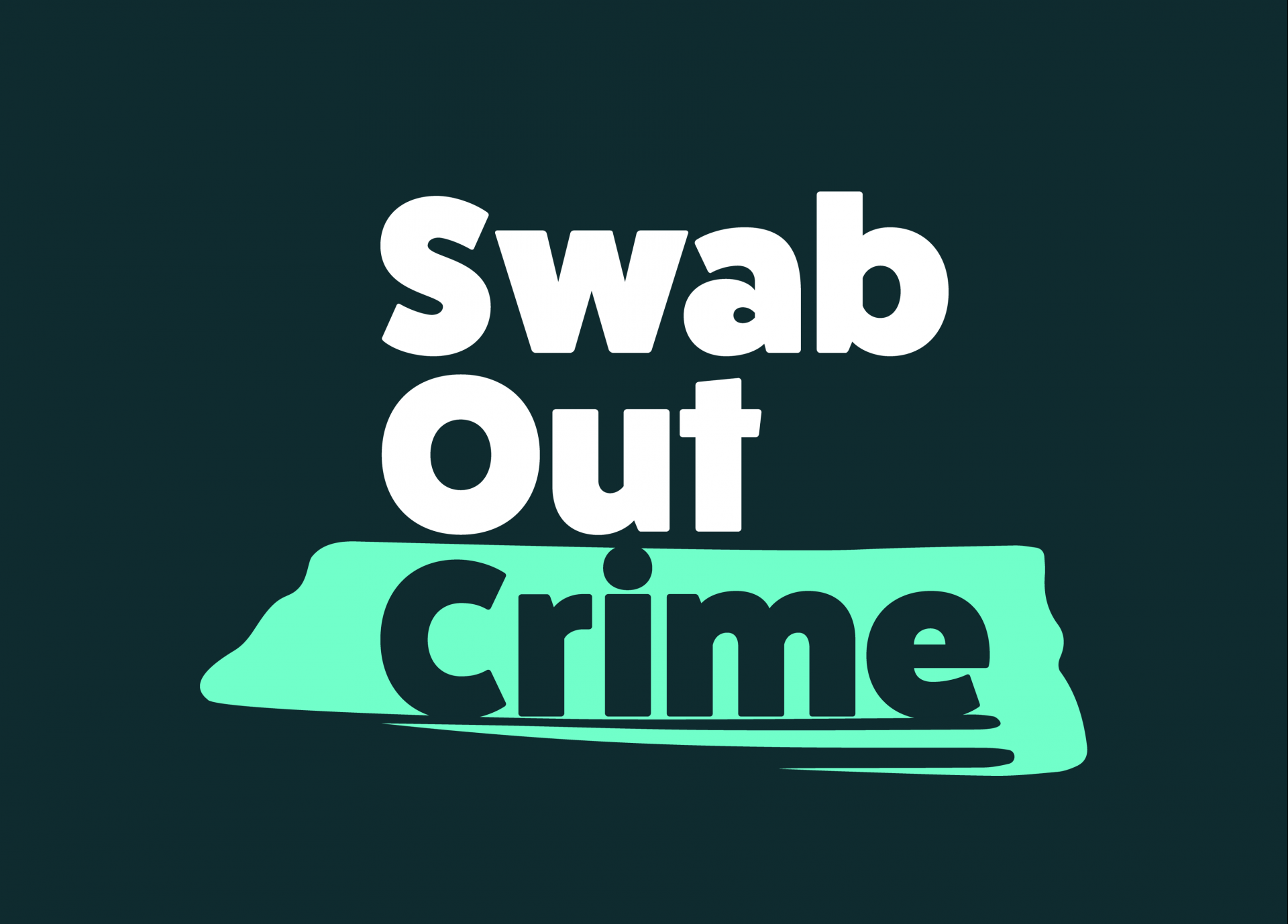
Swab Out Crime is a Home Office funded project to establish a UK-specific Y-Chromosome reference database. It will be used to enhance our ability to assess the evidential significance of a match between a Y-chromosome profile from the crime scene and a suspect.
We need your help
The database will be created from samples donated by UK resident male volunteers. Samples are completely anonymous and no identifying data is gathered as part of the collection process.
Participant Information Sheet
About the FAQs
If you have a question that isn't addressed in the FAQs or the Participant Information Sheet, please get in touch.
Who is carrying out this work?
Swab Out Crime is a joint project with FCN and the Home Office FINDS service. The Forensic Capability Network (FCN) is the national network for supporting the use of forensic sciences in policing in England and Wales. Forensic Information Databases Service (FINDS) is part of the Home Office and are the service provider for forensic DNA databases. The samples will be analysed by our delivery partner, Eurofins.
What are you trying to do?
We want to develop a database of Y-chromosome DNA profiles specifically for the UK. This will enhance capabilities for our forensic scientists when estimating the rarity of a particular profile in the UK population.
DNA profile testing of the Y-chromosome is a vital investigative method, often used to investigate sexual offences. Very small amounts of male DNA recovered from a female victim can provide a Y-chromosome profile to help identify and convict an assailant.
Part of this process requires the determination of how often a particular Y-chromosome profile occurs in the general population. This is done by checking large reference databases which provide a statistical estimate of how often that profile has been seen. Currently a global reference database called Y-Chromosome Haplotype Reference Database (YHRD) is used to obtain this statistical data when reporting on matches.
Is it really anonymous?
Yes. We ask you to sign a consent form when your sample is collected, but we don't ask for other identifying details, like name, age or address. There is no way to connect a sample back to an individual.
What will happen to my DNA and the information contained within my Y-chromosome profile?
DNA will be purified from your cheek cells and will be tested using a specific Y-chromosome profiling system. Your Y-chromosome profile will be identified using a barcode that came with your sampling kit. No personal information such as your name or date of birth will be taken from you. You will not be able to be identified by your DNA profile. Your anonymous DNA profile will be one of thousands used to develop a UK Y-chromosome Reference Database and will also be shared with the global Y-Chromosome Haplotype Reference Database (YHRD).
How does the sampling process work?
The sampling process will involve swabbing the inside surface of your mouth cheeks to collect a DNA sample. It shouldn't take more than a minute or two.
Why do you ask for my ethnic background and that of my father and paternal grandfather?
The part of your DNA we are interested in is carried down the male line. We want to be sure that the final database is fully representative of the UK's ethnic makeup. If you don't have this information, we would still be grateful for your sample.
What will happen to my sample?
DNA will be purified from your cheek cells and will be tested using a specific Y-chromosome profiling system. Your sample will be destroyed once a Y-chromosome DNA profile has been obtained from your sample. Your Y-chromosome profile (which is simply a long string of numbers) will be kept securely in compliance with the Data Protection Act 2018. There is no way to link the DNA profile back to you.
Will my DNA be used for anything else?
No. Your sample will only be used to create this database and will be destroyed as soon as it has been analysed. It will not be given to any third party. The database itself, which comprises strings of numbers with no personal information, may be shared with researchers and will also be shared with the global Y-Chromosome Haplotype Reference Database (YHRD). Bear in mind that we don't collect any details that could identify you.